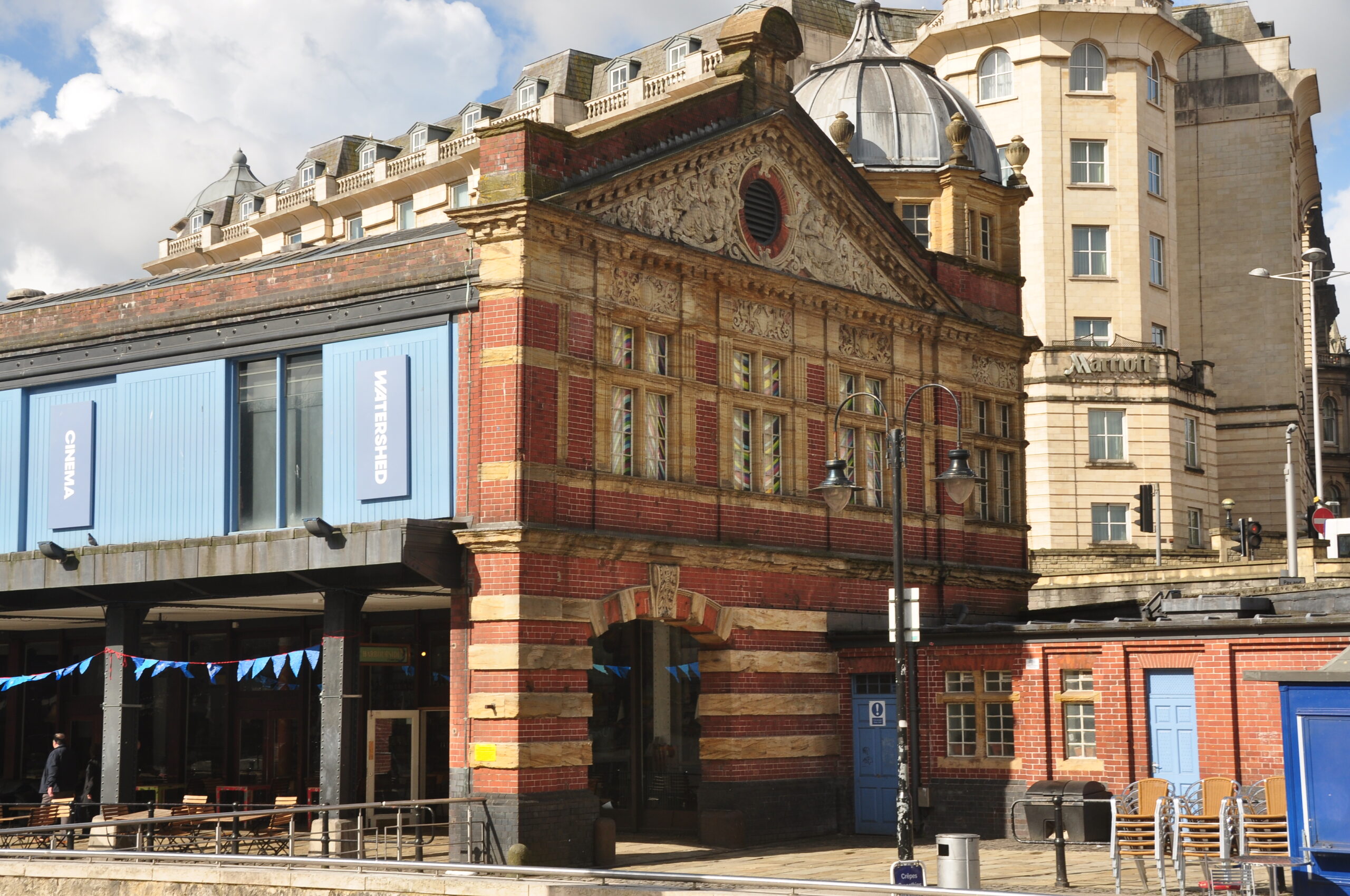This article examines the genesis and development of the UK’s Watershed Cinema and Digital Creativity Centre. Established in 1982, Watershed was both the first full-time multi-screen independent cinema outside London and the first to integrate exhibition with production across a range of media arts: an innovative model that earned it the moniker, ‘Britain’s first media centre’. Watershed was also one of the first culture-led regeneration projects in the country, a model later much-imitated elsewhere.
Despite its significance, however, Watershed’s genesis and development is largely unaccounted for. Beginning in the mid-1960s with the British Film Institute’s Regional Film Theatre policy, the article analyses Watershed’s history until the late-1990s. It reveals the complex local and national contexts that shaped Watershed’s development and investigates how and why such a major cultural initiative came into being at a time of profound cuts to arts funding in the UK.
Moreover, the article demonstrates how issues central to Watershed’s development remain at the heart of contemporary debates about independent cinema exhibition, from questions of subsidy and tensions between nation and region to the difficulties of policy implementation and the complex realities of ‘independence’.



